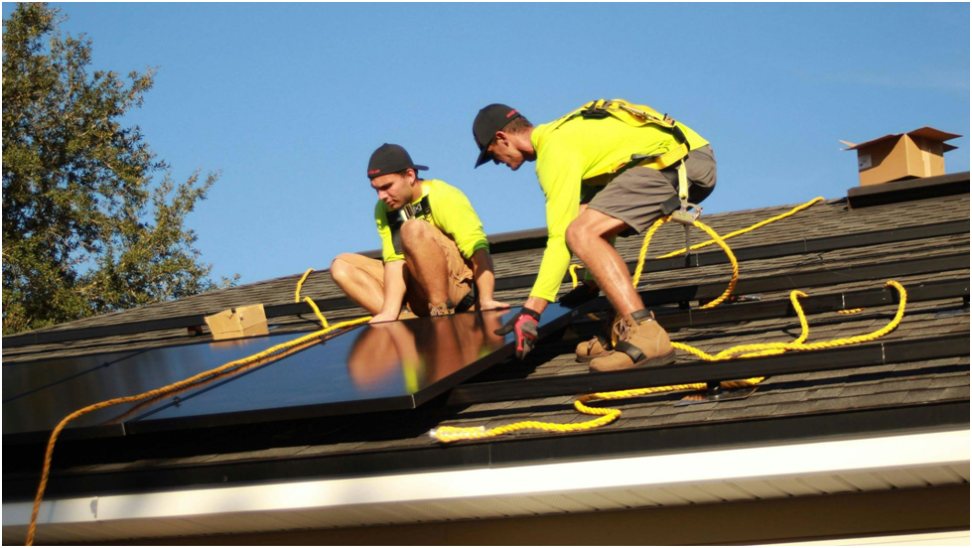The rising cost of electricity and the growing concern for environmental sustainability have many homeowners considering residential solar panel installation. But is it the right choice for you? This guide explores the benefits of residential solar panel installation to help you make an informed decision.
The Benefits of Solar Power
Slash Electricity Bills
Solar panels generates very clean electricity, along with offsetting of your reliance on the traditional grid. This translates to significant amount of savings on your monthly electricity bills, putting more money back in your pocket over the lifespan of your solar system.
Clean Energy
Solar power is a renewable resource that produces electricity without harmful emissions. By switching to solar, you’re actively combating climate change and contributing to a cleaner, healthier environment for yourself and future generations.
Boost Your Home’s Value
Homes equipped with solar panels are increasingly sought-after by environmentally conscious buyers. Studies show they tend to sell faster and for a higher price compared to similar properties without them. So, while you’re saving on electricity, you’re also potentially enhancing your home’s value.
Government Incentives:
Many governments offer financial incentives like tax credits, rebates, or net metering programs to encourage homeowners to adopt solar power. These incentives significantly reduce the upfront cost of solar panel installation, making it a more accessible option.
Energy Independence
Solar panels, coupled with battery backup (optional), can provide a degree of energy independence. This allows you to generate and utilize your electricity even during grid outages, ensuring peace of mind and continued power for essential appliances.
Low Maintenance
Solar panels are built to last, typically with a lifespan of 25 to 30 years. Once installed, they require minimal maintenance, just occasional cleaning depending on your location.
Considering the Factors Before You Shine On
Upfront Cost
The initial investment for a solar panel system can be significant. However, with government incentives and long-term electricity bill savings, it can be a financially sound investment.
Roof Suitability
Your roof needs to be structurally sound and have sufficient sunlight exposure throughout the day to maximize energy production. A qualified solar installer can assess your roof’s suitability.
Local Regulations
Permits and approvals might be required for solar panel installation. Research local regulations and consult with your chosen solar installer to navigate the process.
Shading Considerations
Trees, chimneys, or other structures casting shadows on your roof can significantly reduce solar energy production. Ensure your installer factors in shading when designing your system.
Energy Consumption
Solar panels are most beneficial for homeowners with high electricity usage. Analyze your past electricity bills to determine if solar can meet your energy needs.
Return on Investment
The time it takes for your solar panel system to pay for itself through electricity bill savings varies depending on factors like system size, electricity costs, and government incentives. Calculate your estimated ROI to understand the financial timeline.
Final Words
If you’re concerned about rising electricity costs and passionate about environmental sustainability, solar panel installation is worth exploring. By carefully considering the benefits, your home’s suitability, and your budget, you can make an informed decision.
Read more:
- The Impact of Direct Deposit on Pay Stubs: Pros and Cons
- Navigating Legal Waters: The Role of Medical Malpractice Attorneys and Car Accident Lawyers
- Clean Green: Eco-Friendly Spring Cleaning for a Sparkling Home and a Healthy Planet

